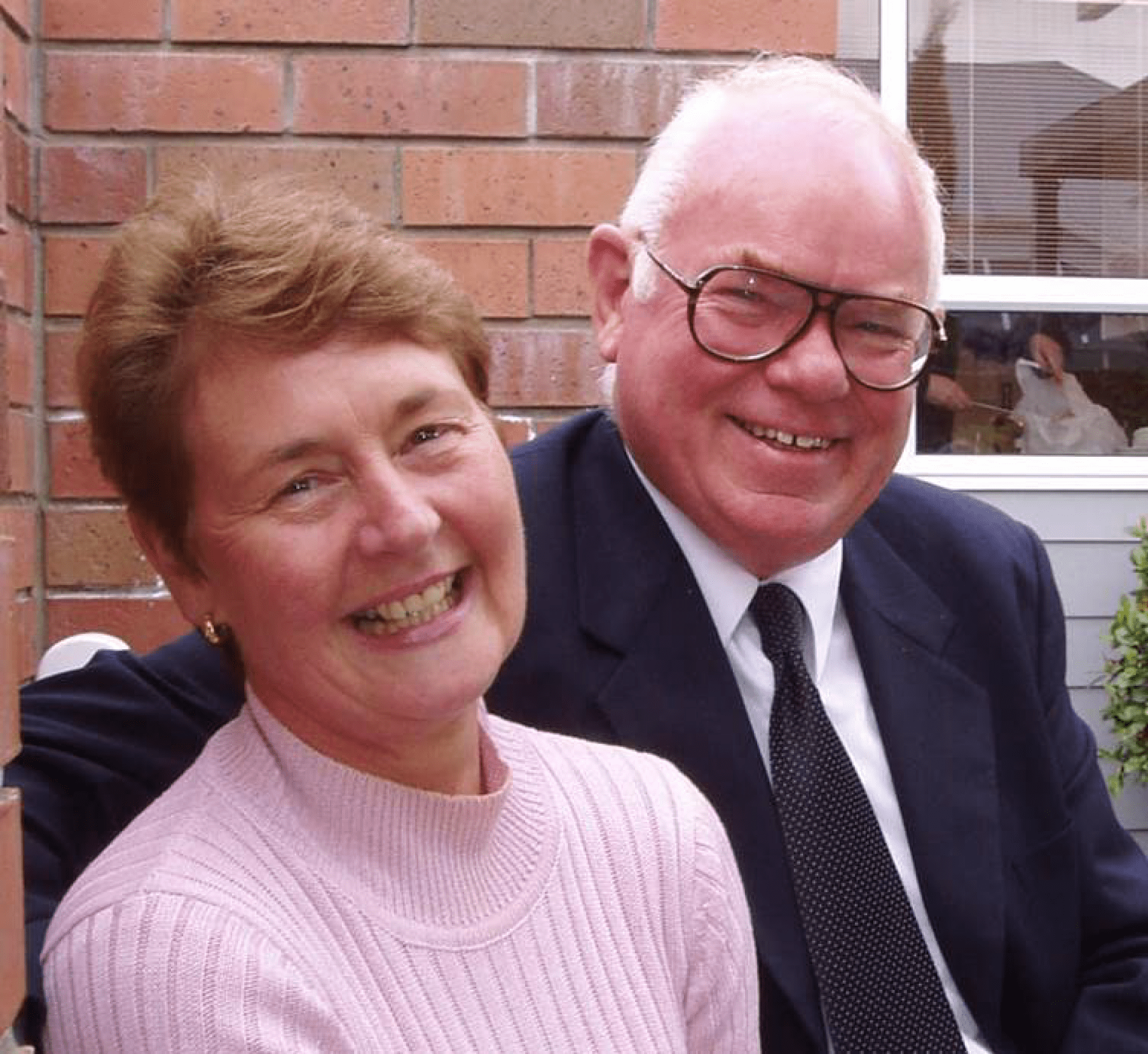Our History.
The New Zealand Institute of Business Studies was founded in 1991 and is a New Zealand organisation teaching vocational courses to international standards. The institute is recognised as a leader in the field of distance learning, and in this new online world, not only welcomes students from New Zealand, but also from across the globe.

The Institute was founded by Brian Morris. Looking back over several decades we recall some interesting events. We started with just three courses: Creative Writing, Freelance Journalism and Travel Writing. The course content was sourced from Australia and offered under license. But what we were given was very Ocker, with lots of references to states, senators, kangaroos and books by popular Aussie writers.
Before we could offer these courses to New Zealanders we had to kiwi-ise the language in every course. One unexpected benefit was we became familiar with every word in each course. This helped when students asked questions etc. We introduced Kiwi authors like Katherine Mansfield, Frank Sargeson, Ngaio Marsh and journalist Terry McLean to New Zealand students.
Our first tutor was Ray Fox, who was a well-read former teacher, polyglot, and an authority on correct English usage. He tutored for us into his seventies under the name Ray Franklin. One day Brian showed him a 1956 copy of NZ Woman's Weekly which we thumbed through together.
'That's mine,' said Ray six times as we flicked over the pages.
'But Ray, each article has a different byline. And they're all female names.'
'Yes. That was the editor's idea. Jean Wishart wanted only female writers in her magazine so I had six female non-de-plumes. Ten guineas per article and not one was ever rejected.'
Ray was a real gem.
Principal Emeritus Brian Morris reports ...
About 25 years ago when the Institute was fairly new we had one main challenge. To be trusted as a serious education provider.
From the time we began in 1991 we focused on establishing our reputation.
About this time a Creative Writing student - Wendy (not her real name) in Napier - was due to graduate. She was so excited she invited a dozen friends and family to a celebration Saturday lunch a few days hence.
“I had telephoned to say her diploma was on its way.”
But the diploma hadn’t arrived by Friday night. Wendy called me and she was agitated. “It’ll be there,” I reassured her. “Enjoy your lunch.”
NZ Post didn’t have an answer, so I prepared a replacement diploma. Next morning I drove to Auckland airport and bought a return ticket to Napier. “No luggage, sir?” asked the gate attendant. “No. Just this important diploma.”
I taxied from Napier airport to Wendy’s house, arriving about 11am. Family and friends were already assembled.
Wendy looked anxious when she answered my knock. “Congratulations Wendy.”
Family and friends cheered.
We opened the champagne I’d brought and it was hugs all round.
Then I exited and flew back to Auckland.
Lesson 1. Don’t rely on the post. That’s when we switched to couriers for urgent items.
Lesson 2. When you promise something be sure you deliver. No excuses.
Lesson 3. The flights and taxis were expensive but that wasn’t as important as knowing Wendy wasn’t disappointed when her family and friends were gathered.
“That was 25 years ago - and I still get a warm glow from the memory.” says Brian Morris

Each tutor was introduced in turn and his/her students were invited to ask questions and/or make comments. The tutor would answer, or promise to research the questions and provide answers later. Topics discussed rotated through journalism, creative writing, photography etc. The assembly usually lasted about an hour. Not everyone asked a question. Many just wanted to listen and be reassured in the knowledge their tutor was a real person, not a robot or someone in an overseas call centre.
Assembly wasn't a perfect solution. A hundred open lines meant coughs, slamming doors, barking dogs and children calling 'Mummy, I need to ...' were a constant distraction. Besides, the Cartooning course students - who had to listen through 50 minutes of chatter about FLJ, CRW etc - got peeved by the delay. Someone had to come on last. But it was not serving them well.
The Principal tried valiantly to do the MC role by mobile phone from Ericsson Stadium. Crowd cheers or groans and roars of 'GOAL' made attentive listening impossible. That crazy idea was never repeated. But the ritual of 9pm every 9th was sacrosanct.
In time the telephone assembly was replaced by webinars, Facebook, interactive blogging, 'Chat To Your Tutor Day', Skype, student forums and emails. Maintaining human contact was always the objective. Only the technology changed.



Enrol Today.
Fed up with work? Train for a new job at home, and in your own time. Home study courses that will lead you into a new career.

